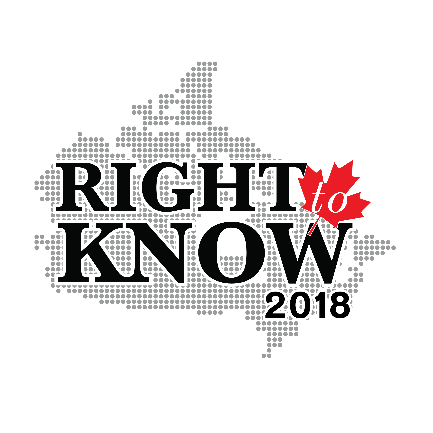 1 August 2019.
1 August 2019.
The African Commission on Human and Peoples’ Rights (ACHPR) adopted the Declaration of Principles on Freedom of Expression in Africa in 2002. The Declaration, containing 16 principles setting out detailed standards relating to different aspects of the right to freedom of expression, has been very widely welcomed as a strong and progressive statement on this fundamental right. After 17 years, the Commission has now decided to update the Declaration and, to this end, the African Special Rapporteur on Freedom of Expression and Access to Information released a new draft Declaration of Principles on Freedom of Expression and Access to Information in Africa for comments in May 2019.
The Centre for Law and Democracy (CLD) and the Freedom of Expression Hub (FOE-HUB) have submitted a detailed Note on the draft Declaration to the Special Rapporteur with a view to ensuring that the final version is fully in line with and that it represents a strong effort to progressively develop established international standards.
“We very much welcome the idea of updating the Declaration given the massive changes to the freedom of expression landscape that have occurred since 2002,” said Toby Mendel, Executive Director, CLD. “But of course we hope that any new Declaration remains as progressive and forward-looking as the current Declaration was when it was first adopted.”
“The first draft of the new Declaration is very encouraging,” said Catherine Anite, Executive Director, FOE-HUB. “But we also feel that there are a number of important ways that it could be further improved, as set out in our Note.”
The Note provides both a small number of general comments on improving the overall approach of the draft Declaration and then a much larger number of specific comments on some of the 103 Principles it contains.
CLD and FOE-HUB encourage the Special Rapporteur and others working on the draft Declaration to take our comments and those submitted by other stakeholders into account as they work on revising the draft. We remain ready to provide such support as may be useful as the drafting process moves forward.
The CLD/FOE-HUB Note is available at: Note on the Draft Declaration of Principles on Freedom of Expression and Access to Information in Africa and the draft Declaration is available at: Draft Declaration of Principles on Freedom of Expression and Access to Information in Africa.
For further information, please contact:
Toby Mendel
Executive Director
Centre for Law and Democracy
Email: toby@law-democracy.org
+1 902 431 3688
www.law-democracy.org
twitter: @law_democracy
Catherine Anite
Executive Director
FOE-HUB
Email: catherine.anite@gmail.com
+256 752557073
http://foehub.org
twitter: @Xpressionhub



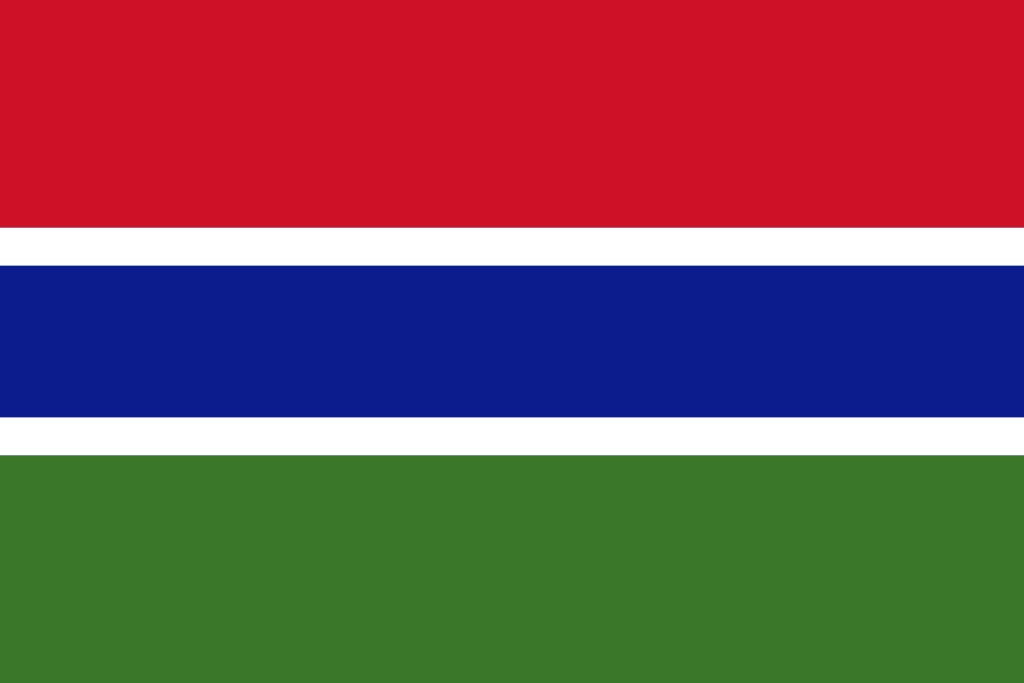 30 July 2019.
30 July 2019.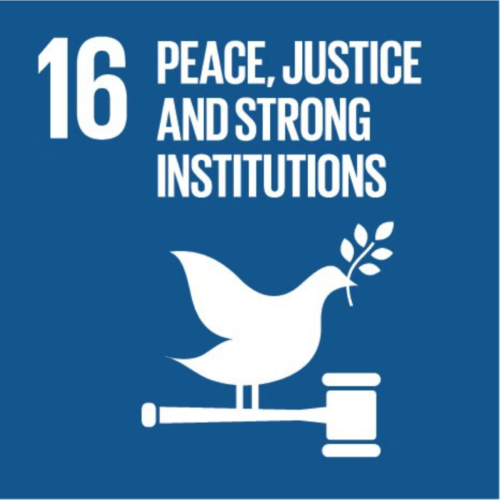 15 July 2019.
15 July 2019.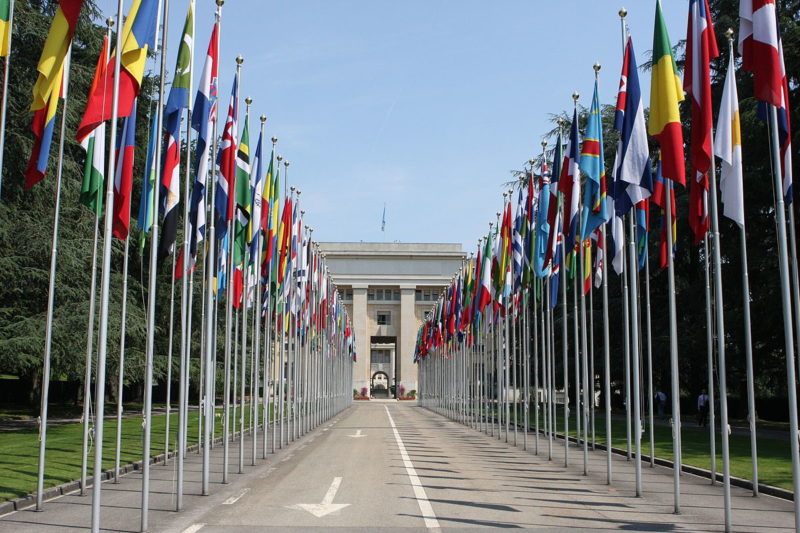 10 July 2019.
10 July 2019.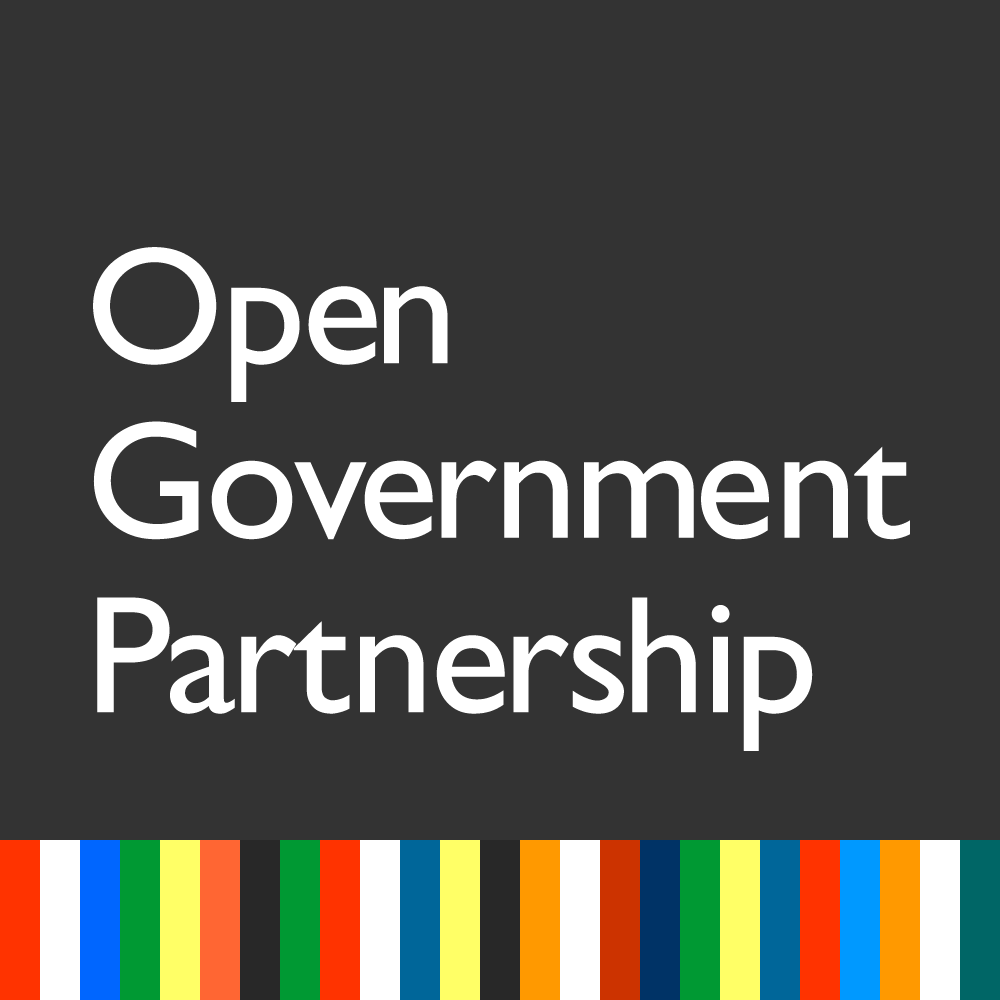
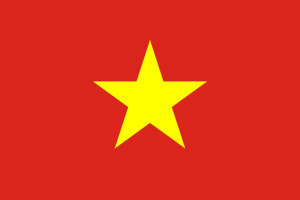

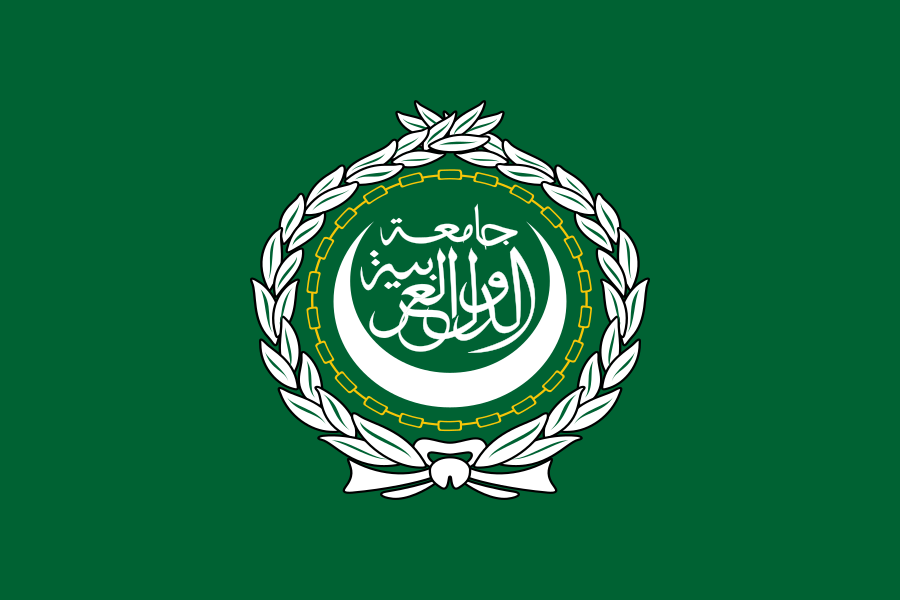 29 March 2019,
29 March 2019, 28 March 2019,
28 March 2019, 28 March 2019,
28 March 2019,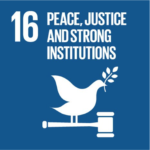
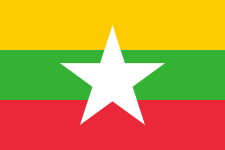

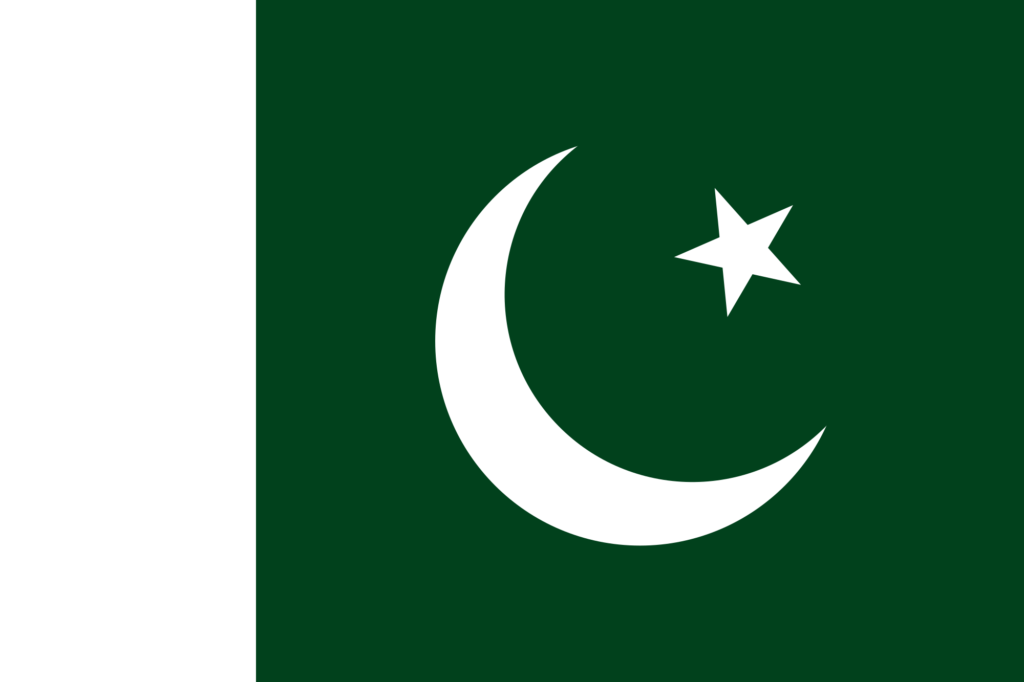

 28 September 2018,
28 September 2018,